The pleasure of doing nothing
There is a thing known as dolce far niente and we think you should know about it. It’s what Italians call pleasant relaxation in carefree idleness. In other words, the pleasure of doing nothing much at all - of long lunches, slow paced card games over strong coffee and afternoon siestas.
In fact, dolce far niente has been long embedded in southern European history, the ancient bathhouses of Rome providing a blueprint to practising this mode of being. In addition to ritual focused bathing and massage, bathhouses would often be surrounded by lush gardens and libraries, all in the quest for a moment or so of idleness, practised socially or solo. While the practice of mindfulness as a means for slowing down has been ubiquitously welcomed into conversations about mental health, it is often practised as an activity with a start and end point (think, for example, about mindfulness apps) rather than an overarching attitude and approach towards being in the world. Being truly carefree in idleness is too often associated with a lack of drive, even laziness, where it ought not to.
Collectively, we have been going through the motions ‘the new normal’ - of heightened anxiety, nervous anticipation, frustration and for many, complete and utter boredom. For those of us not working in essential industries, working from home or not working at all has us asking: what does productivity look like when life changes paces so dramatically - when time either flies by or drags on and is time an illusion anyway?
The past few months point to yes! The notion that productivity determines a person’s worth has been long criticised but there’s a difference between knowing something and feeling it. For a lot of us, the change in our daily ‘output’ can leave us feeling discombobulated, to say the least. But perhaps we might instead acknowledge that while periods of fast pace can be exhilarating, there is a beauty and serenity to dolce far niente.
There will always be periods of disruption which change our capacity for doing, whether it be from a regular period of low motivation or a once-in-100-year event. What would it mean to do away with the guilt of not being our busiest, most productive selves and give into the vast stretches of nothingness that have become, for many, a regular part of daily existence? This is no small ask of ourselves. Allowing ourselves this change of being involves challenging the notion that life is better when we are busier and business is nothing short of lauded in our production-centric society.
Though dolce far niente is not a goal oriented state, idleness is nonetheless essential to activity. But more than that, dolce far niente might make space for certain joys you long forgot - noticing winter blossoms, reading romantic fiction or listening to full albums from first to last track. Or, as the Romans did, drawing yourself a hot, long bath.
Recourses to Go Deeper:
[Article] By John Patrick Weiss, Why You Need Uselessness In Your Life
[Article] By Jia Tolentino (The Guardian), Athleisure, barre and kale: the tyranny of the ideal woman
[Podcast] By On Point, 'The Burnout Generation': Millennials And The Mindset Of 'Working All The Time'
Words written in collaboration with Philosopher Eliana Horn.

